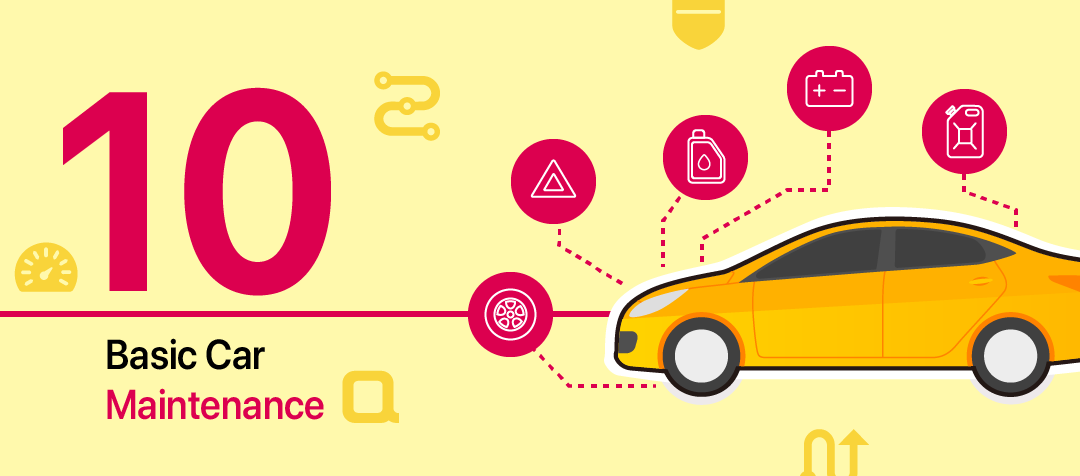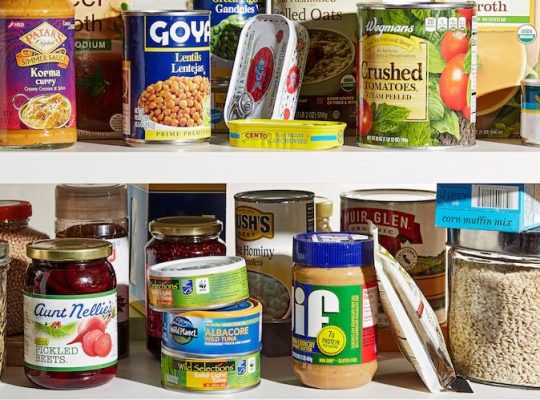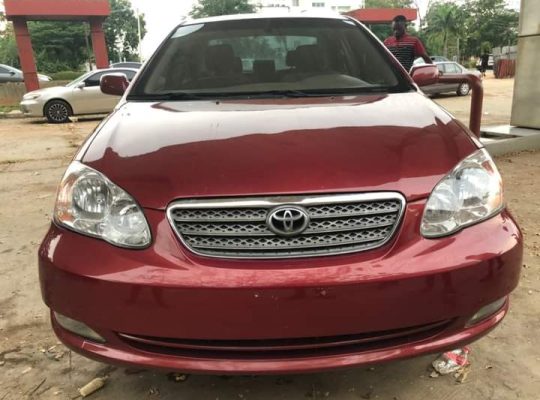Owning a car isn’t just about the freedom of the open road—it’s also about the responsibility that comes with keeping your vehicle in top condition. Regular maintenance not only prevents unexpected breakdowns and costly repairs, but also extends the life of your car, improves safety, and retains its resale value.
Whether you’re a new driver or a seasoned road warrior, these 10 essential car maintenance tips will help keep your vehicle running smoothly for many years to come.
1. Change the Engine Oil Regularly
Why It Matters:
Oil is the lifeblood of your engine. It lubricates moving parts, reduces friction, keeps the engine cool, and helps prevent corrosion. Over time, oil becomes dirty and less effective.
How Often:
Check your owner’s manual for the manufacturer’s recommended oil change interval—it’s usually every 3,000 to 7,500 miles depending on the vehicle and oil type.
Pro Tip:
Use high-quality synthetic oil if possible—it offers better engine protection and lasts longer than conventional oil.
2. Keep Tires Properly Inflated and Aligned
Why It Matters:
Under-inflated or misaligned tires wear unevenly and can lead to poor fuel efficiency, decreased handling, and increased risk of blowouts.
How Often:
-
Tire Pressure: Check monthly.
-
Alignment: Check at least once a year or if you hit a pothole or curb hard.
Pro Tip:
Rotate your tires every 5,000–8,000 miles to ensure even wear and extend their lifespan.
3. Replace Air Filters on Time
Why It Matters:
Your engine air filter prevents dirt and debris from entering the engine. A clogged filter reduces engine efficiency and power.
How Often:
Typically every 12,000 to 15,000 miles, but more often if you drive in dusty or polluted environments.
Bonus:
Also replace the cabin air filter to improve air quality inside the car and ensure your AC works efficiently.
4. Check and Top Off All Fluids
Fluids to Monitor:
-
Brake Fluid – Essential for stopping power
-
Transmission Fluid – Keeps the transmission running smoothly
-
Coolant (Antifreeze) – Prevents overheating
-
Power Steering Fluid – Helps in smooth steering
-
Windshield Washer Fluid – Keeps your visibility clear
How Often:
Inspect monthly and top off as needed. Flush or replace as per manufacturer recommendations.
Pro Tip:
Use only manufacturer-approved fluids to avoid compatibility issues.
5. Pay Attention to Brake Performance
Why It Matters:
Brakes are your first line of defense on the road. Squealing, grinding, or delayed response can indicate worn pads or other brake issues.
How Often:
Brake pads typically last 30,000–70,000 miles depending on driving style. Get them inspected every 6 months or at every oil change.
Red Flags:
-
Vibrations while braking
-
Soft brake pedal
-
Brake warning light
6. Maintain the Battery
Why It Matters:
A healthy battery ensures your car starts reliably and powers essential electrical components.
How Often:
Check battery terminals for corrosion monthly. Clean with a brush and baking soda solution. Replace the battery every 3–5 years.
Pro Tip:
If your car struggles to start in cold weather, it could be a sign the battery is weakening.
7. Keep the Cooling System in Check
Why It Matters:
An overheating engine can lead to costly repairs. The radiator and coolant system play a major role in keeping your engine at the right temperature.
How Often:
Check coolant level monthly and flush the system every 2–3 years or as recommended.
Pro Tip:
Never open the radiator cap when the engine is hot—it can cause burns. Always inspect when the engine is cool.
8. Watch the Belts and Hoses
Why It Matters:
Belts (like the serpentine belt) and hoses are essential to engine function. If they snap or leak, it can lead to engine failure.
What to Look For:
-
Cracks
-
Fraying
-
Leaks
-
Glazing or brittleness
How Often:
Have them inspected at every major service (every 30,000–50,000 miles).
9. Stick to the Manufacturer’s Maintenance Schedule
Why It Matters:
Every car has unique maintenance needs. The owner’s manual includes a detailed service schedule for things like timing belt replacement, spark plug changes, transmission servicing, and more.
Benefits:
-
Keeps your warranty valid
-
Ensures optimal performance
-
Catches potential issues early
Pro Tip:
Use a maintenance app or calendar reminders to keep track of scheduled services.
10. Keep Your Car Clean—Inside and Out
Why It Matters:
Dirt, road salt, and grime can lead to paint damage, rust, and interior wear over time.
Exterior:
-
Wash regularly to prevent buildup.
-
Wax every 3-6 months to protect the paint.
Interior:
-
Vacuum and wipe down surfaces to preserve upholstery.
-
Use sunshades to prevent dashboard fading.
Pro Tip:
Don’t forget the undercarriage—especially after driving on salty or muddy roads.
Bonus: Adopt Smart Driving Habits
How you drive plays a huge role in vehicle longevity.
-
Avoid hard braking and acceleration.
-
Don’t ride the clutch (for manual cars).
-
Let the engine warm up in cold weather.
-
Don’t overload your vehicle beyond its capacity.
Smooth, responsible driving not only protects your vehicle but also improves fuel efficiency and safety.
Why Regular Car Maintenance Pays Off
Let’s break down the real-life benefits of following these car maintenance tips:
| Benefit | How It Helps |
|---|---|
| 💰 Saves Money | Prevents expensive repairs and breakdowns. |
| 🛡️ Boosts Safety | Reduces risk of accidents from mechanical failures. |
| ⛽ Improves Fuel Economy | Well-maintained cars run more efficiently. |
| 🚗 Extends Vehicle Life | Your car stays reliable for 10+ years. |
| 🔁 Higher Resale Value | Well-documented maintenance = higher price. |
Take Care of Your Car, and It’ll Take Care of You
A car is one of the biggest investments most people make—and with proper care, it can serve you well for many years. The key is consistency. You don’t need to be a mechanic to keep your car in top shape; just follow a regular maintenance routine, pay attention to warning signs, and don’t ignore the small stuff.
Remember: A little effort today can prevent major headaches tomorrow. Stay ahead of problems, and you’ll not only save money—you’ll also enjoy every mile behind the wheel.









